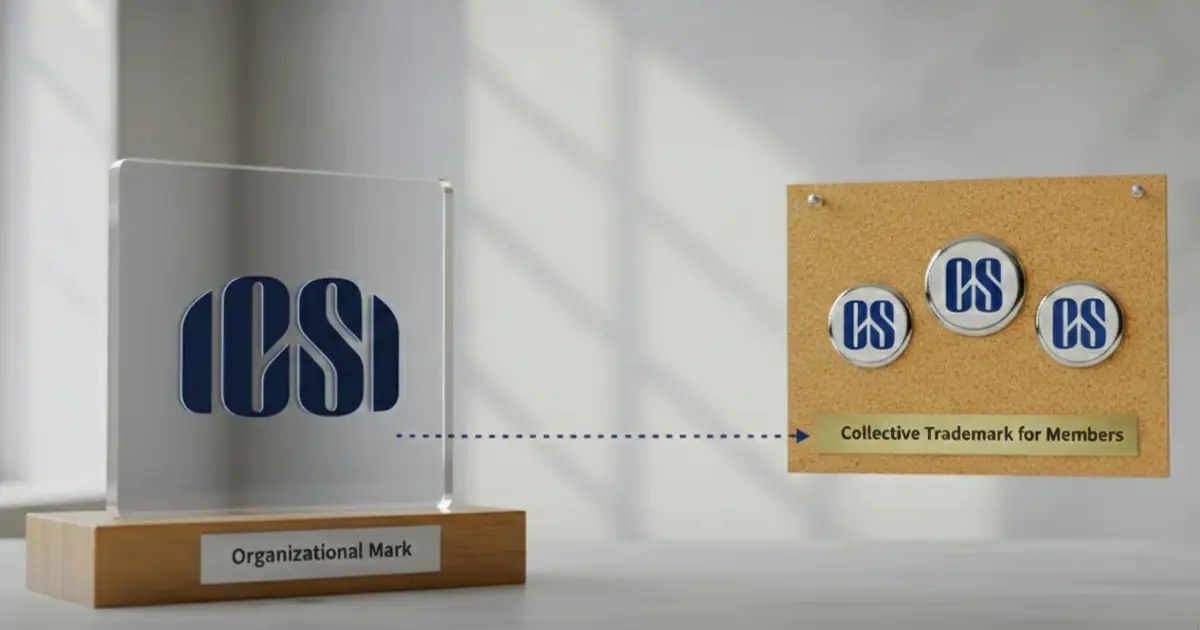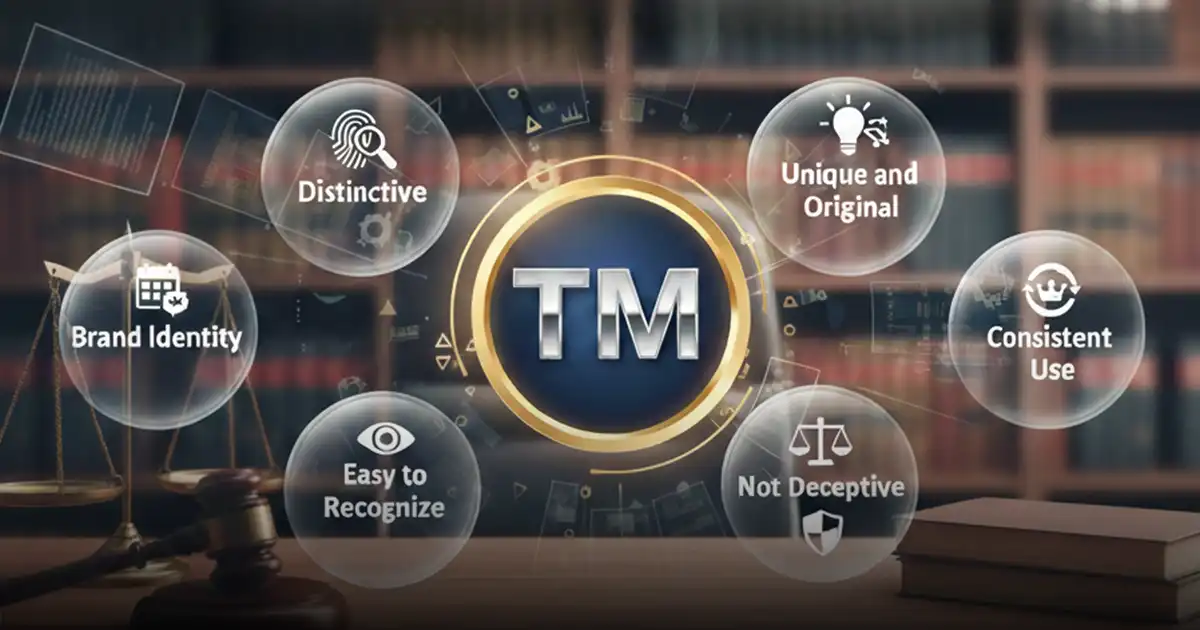A society is an association of people with a common purpose, such as promoting literature, science, fine arts, or charity. Society Registration is the legal process of formally establishing this association under Indian law, granting it a distinct legal identity.
Society Registration is possible with at least seven members having a similar goal. It helps with maintaining all the financial records and legal proceedings under the society’s name.
Types of Society Registration in India
The Societies Registration Act, 1860, allows for the formation of various non-profit organizations, including:

- Charitable Societies: Dedicated to activities like helping the poor, public welfare, and community improvement.
- Educational Societies: Focused on promoting education, setting up schools or colleges, and offering vocational training.
- Scientific Societies: Aimed at encouraging scientific research, innovation, and sharing scientific knowledge.
- Literary Societies: Established for promoting literature, arts, and cultural activities.
- Sports Societies: For encouraging and developing sports.
- Housing Societies: Formed for the cooperative management and upkeep of residential buildings.
Legal Framework and Authorities Governing Society Registration
To register your society, you need to understand the laws that govern its formation and operation. These laws and authorities ensure your society gains legal standing and can access benefits.
Society Registration in India is mainly governed by:
- The Societies Registration Act 1860: This central law provides the basic legal framework for registering literary, scientific, and charitable societies across India. Many states have adopted or changed this law to fit their specific needs.
- State-specific Societies Registration Acts: Several states have passed their laws or made changes to the 1860 Act, which might include specific rules for certain types of societies (e.g., Maharashtra Co-operative Societies Act, 1960).
- Registrar of Societies: This is the main authority responsible for registering the Memorandum of Association and Rules & Regulations of a society, confirming its legal existence. This office usually falls under the respective State Government's authority.
- NITI Aayog: Societies need to register on NGO Darpan online to seek government grants and foreign contributions approved under the Foreign Contribution Regulation Act (FCRA).











